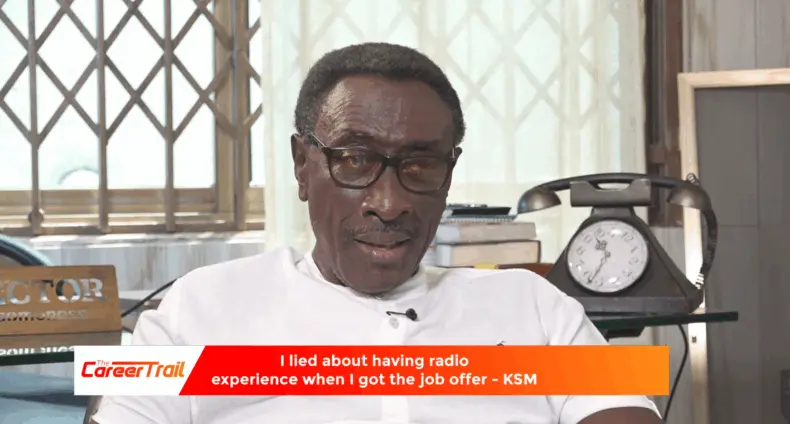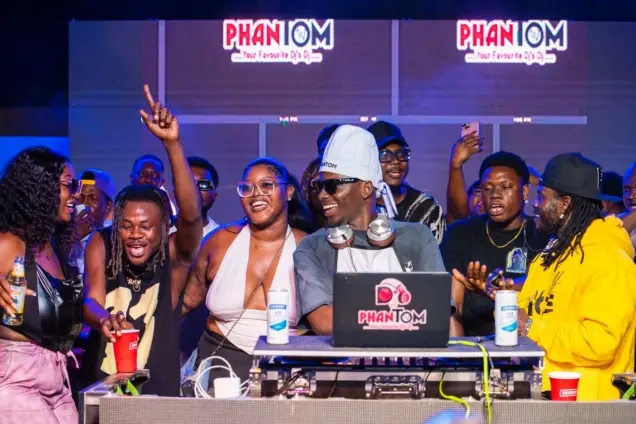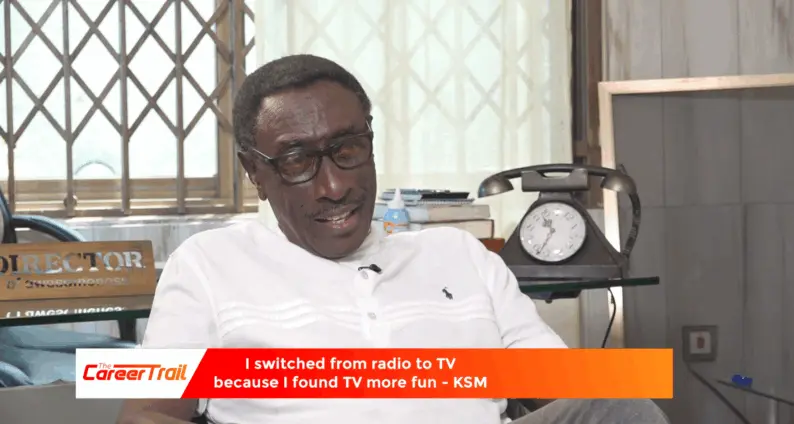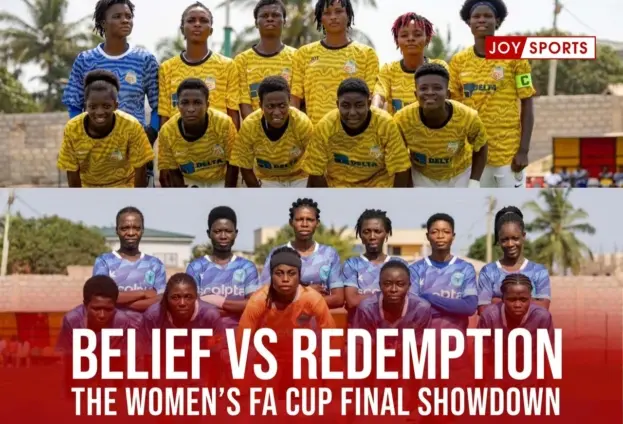The 26th Telecel Ghana Music Awards (TGMA) recently wrapped, but the echoes of its logistical challenges still reverberate. Robert Klah, Head of Public Events and Communications at Charterhouse Productions Ltd, the event’s organizer, has publicly addressed concerns over ticketing issues, particularly those experienced by Ghanaian content creator Felicia Osei. Osei’s frustration, aired on social media after she was allegedly denied entry due to her ticket showing as already scanned, ignited a wider conversation about the event’s entry system. This is a closer look at Klah’s response, the potential explanations offered, and Charterhouse’s pledge to rectify the problems. The incident underscores the complexities of managing large-scale events and the importance of robust ticketing systems to avoid TGMA ticket issues.
The TGMA ticket issues are now under scrutiny. What exactly happened with Felicia Osei’s ticket?
Felicia Osei arrived at the TGMA venue anticipating a night celebrating Ghanaian music. Instead, she encountered a frustrating roadblock: she was turned away at the entrance. The reason? According to the scanning system, her ticket had already been used. The incident, promptly shared on social media, quickly gained traction, turning Osei’s personal experience into a symbol of broader ticketing concerns.
Robert Klah acknowledged Osei’s experience and the resulting disruption. “So, sorry to her for whatever embarrassment she may have faced…” he stated, offering a direct apology for the inconvenience and public humiliation Osei endured.
In the wake of the TGMA ticket issues, Robert Klah attempted to shed light on the potential causes during a recent interview. According to Klah, the issues were broader than just Felicia Osei’s experience.
“When we did our post-mortem session, we got that kind of information…there were people who came and they are giving out their tickets,” Klah explained. This suggests that some attendees may have inadvertently contributed to the confusion by sharing or re-selling their tickets, creating discrepancies at the entry points.
Klah emphasized the security measures in place, noting that the system is designed to prevent the unauthorized reuse of tickets. “Whenever a ticket comes in, and it is scanned, there’s a face that’s captured next to it,” he said, explaining that each scan is linked to a visual record of the person entering. However, Klah also conceded that the implementation wasn’t flawless, outlining three possible scenarios to explain how these TGMA ticket issues arose.
Charterhouse has stated that it intends to thoroughly investigate the root causes of the ticketing snafu. The goal is to pinpoint exactly what went wrong and implement preventative measures to avoid similar situations in the future. This commitment to accountability is a crucial step in reassuring attendees and restoring confidence in the event’s management.
Klah mentioned upcoming meetings with vendors to specifically address the ticketing problems. These discussions will likely focus on refining the existing system, enhancing security protocols, and improving coordination between different parties involved in the ticketing process.
Ultimately, Charterhouse has pledged to overhaul its processes to minimize the risk of future disruptions. This includes a comprehensive review of the current ticketing infrastructure, as well as an assessment of staff training and communication protocols.
The TGMA ticket issues underscore the need for several key improvements in event management. Enhanced security measures are paramount, including more rigorous checks to prevent ticket duplication and unauthorized entry. Improved communication and coordination between vendors are also crucial, ensuring a seamless flow of information and a unified approach to problem-solving. Clearer communication with ticket holders about potential issues, such as sharing tickets or arriving late, can also help to mitigate confusion and prevent frustration at the entrance.
The TGMA ticket fiasco, particularly the experience of Felicia Osei, serves as a stark reminder of the logistical challenges inherent in large-scale events. Robert Klah’s apology and Charterhouse’s commitment to investigating and rectifying the situation are vital first steps toward rebuilding trust with the public. Transparency regarding the investigation’s findings will be essential in reassuring fans and participants that their concerns are being taken seriously and that concrete steps are being taken to prevent similar incidents from happening again.
Image Source: MYJOYONLINE






















